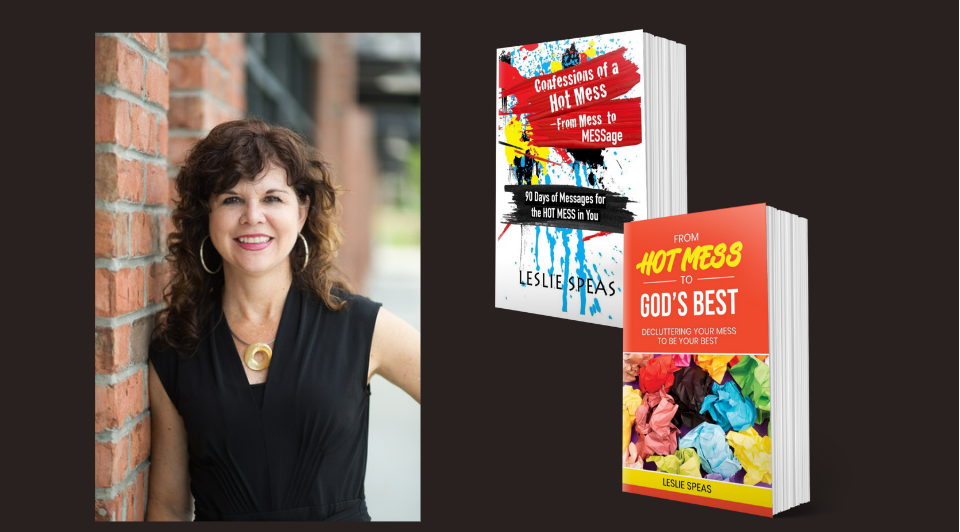The Enneagram Assessment – Thinking Types
The Enneagram is a tool to improve self-awareness as well as other elements of emotional intelligence. It is a study of the nine basic types of personality. It explains why we behave the way we do and points to specific directions for growth.
A center is a filter of how you usually relate to the outside world. We are down to our last center, the Thinking Types. These types approach the world through their head with rational thought. They are as follows:
- The Investigator – Type Five
- The Loyalist – Type Six
- The Enthusiast – Type Seven
As a review, here are links to learn about the other types:
- The Feeling Types – Types Two, Three and Four
- The Instinctive Types – Types Eight, Nine and One
Type Five – The Investigator
AKA The Observer
MANTRA – To Know
SUPERPOWER – Power of observation
CORE FEAR – Of being helpless or incapable
CORE DESIRE – To gain knowledge and avoid relying on others
OVERVIEW
- Excellent thinkers and strategists.
- Want to know and understand everything, to be self-sufficient, and to avoid looking foolish.
FIVES AT THEIR BEST
- Self-sufficient
- Analytical
- Reflective
- Wise and clever
- Well-thought-out responses
- Problem solvers
FIVES AT THEIR WORST
- Intellectually arrogant
- Analysis paralysis
- Stubborn
- Distant/aloof
- Critical of others
- Unassertive
- Negative
- Withdrawn
VICES AND VIRTUES
Vice of avarice involves withholding resources and energy. Their hearts shut down for giving and receiving and they have a compulsion to hoard. Withholding and hoarding results in not loving and giving to others as we are instructed to do in the Bible.
Virtue of non-attachment is an open-handedness around emotion, energy and resources, which leads to a sense of generosity. This occurs when Fives are in high emotional awareness and can let go of their vice.
DEVELOPMENT OPPORTUNITIES
- Get comfortable asking for help – Fives desire complete autonomy but should work on not being afraid to ask for support when needed.
- Step outside of your comfort zone – You can do this by saying yes to things that aren’t very comfortable for you (i.e. social events).
- Explore your emotions – Become more self-aware by challenging yourself to sit with your feelings and explore what you might be repressing.
Type Six – The Loyalist
AKA The Questioner
MANTRA – To have security
SUPERPOWER – Spotting what could go wrong
CORE FEAR – Being without support or guidance
CORE DESIRE – To have security and safety
OVERVIEW
- Reliable, hard-working, loyal, and trustworthy.
- Want security so they focus on creating safety and structure.
SIXES AT THEIR BEST
- Organized
- Insightful
- Anticipate and solve problems
- Loyal
- Prepared
- Accurate
- Likable
- Helpful
- Troubleshooters
- Ethical
SIXES AT THEIR WORST
- Pre TSD – they have Pre TSD rather than Post Traumatic Stress Disorder
- Worry a lot!
- Doubt themselves and others
- Procrastinators (probably the worst of the types)
- Have trouble relaxing
- Suspicious
- Hyper analysis at times
- Paranoid
- Defensive
VICES AND VIRTUES
Vice of fear involves a subconscious need to protect the self from everything happening around them. Their minds spin out of control worrying about what might be. It essentially involves a lack of trust in God.
Virtue of courage involves taking responsibility for action, doing things with the heart open and vulnerable, trusting God to care for them. This occurs when Sixes are in high emotional awareness and can let go of their vice.
DEVELOPMENT OPPORTUNITIES
- Own your power – Sixes tend to view life as a series of events that happen to them. You could work on learning to acknowledge and own the power that you have to impact outcomes.
- Work on building trust in your relationships – Learn to have more faith and trust in the people in your life.
- Develop healthy habits to release anxiety – Sixes spend a lot of time in their head, so it’s essential to practice habits that focus on your body like physical activity. In addition, Sixes can really benefit from mindfulness practice to release stress and anxiety.
- Realize that most of the things you worry about don’t come to pass.
Type Seven – The Enthusiast
AKA The Optimist or Adventurer
MANTRA – To enjoy life
SUPERPOWER – Joy and vision
CORE FEAR – Being deprived and in pain
CORE DESIRE – To be happy and have stimulating experiences
OVERVIEW
- Extroverted, optimistic, versatile, and spontaneous – the life of the party.
- They want to be happy and plan enjoyable activities and avoid suffering and pain.
SEVENS AT THEIR BEST
- Inspiring
- Optimistic
- See possibilities
- Enthusiastic and energetic
- Fun
- Spontaneous
- Risk-taking
- Charming
- Curious
- Confident
SEVENS AT THEIR WORST
- Impulsive
- Rebellious
- Superficial
- Lack self-discipline
- Scattered
- Aversive to rules
- Sometimes don’t do what they say they will do
- Don’t listen
VICES AND VIRTUES
Vice of gluttony involves indulgence of life and the desire to sample everything it has to offer without limitation. It involves becoming too enamored with the things and experiences of this world and lacking self-control.
Virtue of sobriety involves being grounded in the moment, in touch with the self and the present rather than running after the next jolt of interest or excitement. This occurs when Sevens are in high emotional awareness and can let go of their vice.
DEVELOPMENT OPPORTUNITIES
- Manage your impulsiveness – Practice the pause when you feel impulsive. Become a good judge of which ones to act on and which ones not to.
- Prioritize and develop plans to help finish tasks and projects
- Practice active listening – Instead of listening to others with the intent to reply, really listen!



